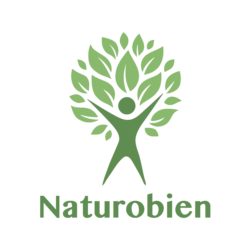The World Health Organisation (W.H.O) classifies Naturopathy as a traditional medicine along with Chinese and Ayurvedic traditional medicine.
Naturopathy consists in adopting a healthy lifestyle with sound eating habits so as to maintain good health and to restore that of people who suffer from chronic illness.
Guided by Hippocrates’ well-known principle ‘Let food be thy medicine and medicine be thy food’, naturopathy deals with health and examines potential dysfunction whereas conventional medicine treats disease and tissue damage.
Naturopathy is an ‘in-depth medicine’ which acts upon the underlying causes of disease rather than on their symptoms in order to correct that which has become unbalanced and thus recover one’s health.
It uses a wide range of natural therapies such as herbal medicine, which includes aromatotherapy and gemmotherapy, as well as organotherapy, homeopathy, nutritherapy…, which strengthen the body’s self-healing process.
The patient’s lifestyle, i.e., eating habits, physical exercise, sleep as well as his or her personal and family history, stress, work are taken into account in order to understand the reason for the appearance of the person’s symptoms.
The naturopath accompanies anyone prepared to take their health into their own hands and therefore to adjust some of their habits.
Please note that naturopathy is not a substitute for conventional medicine. It complements it, either in accompanying chronic health issues or simply as a prevention.




